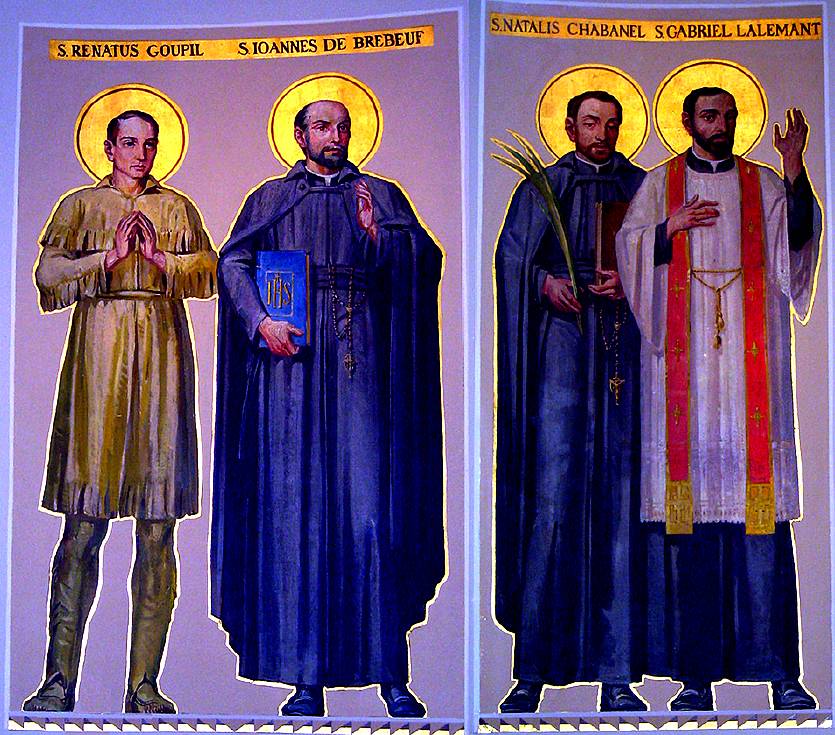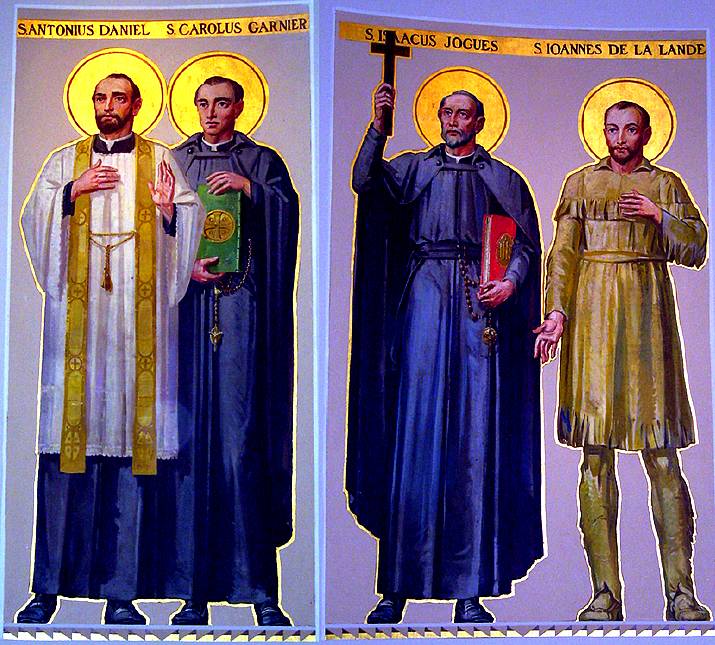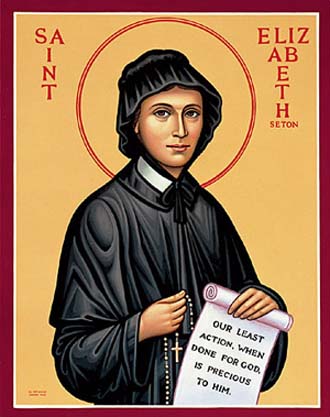
"All those who have gone to Catholic grade school raise your hands. One, two, three, ... four hundred, ... five thousand.... Okay, so a lot of you went to Catholic grade school. Your parents sacrificed much to send you to a Catholic grade school so that you could have a quality Catholic education. But why is it that there are so many Catholic grade schools?" We have today's saint and the American bishops to thank for the blessings that are Catholic parochial schools.
The third Council of Baltimore in 1886 decreed that parochial schools were absolutely necessary and that parents must send their children to those schools unless there was sufficient reason. This was not about bishops dictating to parents how to raise their children, but rather, a means of helping insure the faith in a country that was hostile to Catholicism and was teaching Protestantism in the public schools.
But where does St. Elizabeth Ann Seton fit in? She founded the first American women's religious order and established the first American parish (parochial) school. She was raised Episcopalian and was married with five children when her husband died, leaving her family destitute. While in Italy with her dying husband, she became attracted to Catholicism. In 1805, a year after her husband died, she converted to Catholicism and started a school in Baltimore to support her family. This became the foundation of parish schools throughout the country. She once told her sisters, "The first end I propose in our daily work is to do the will of God; secondly, to do it in the manner he wills it, and thirdly, to do it because it is his will."
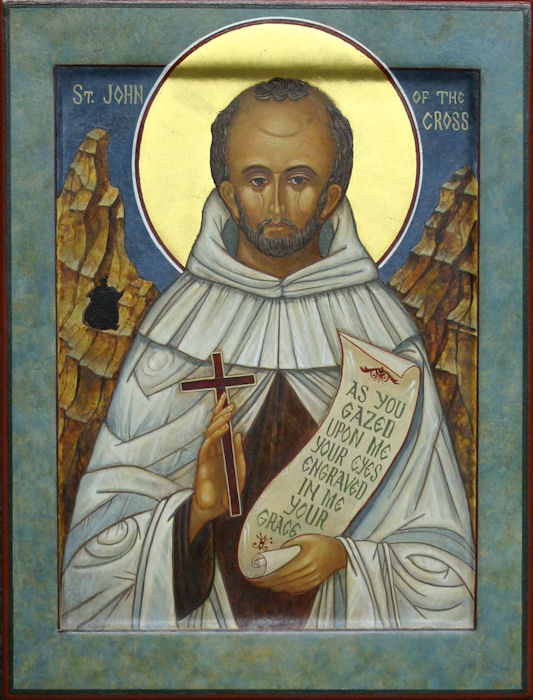
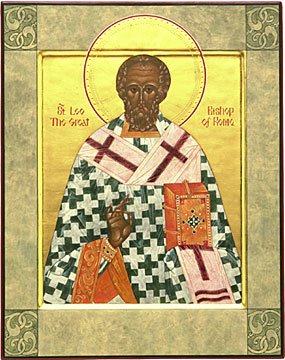
 *
*